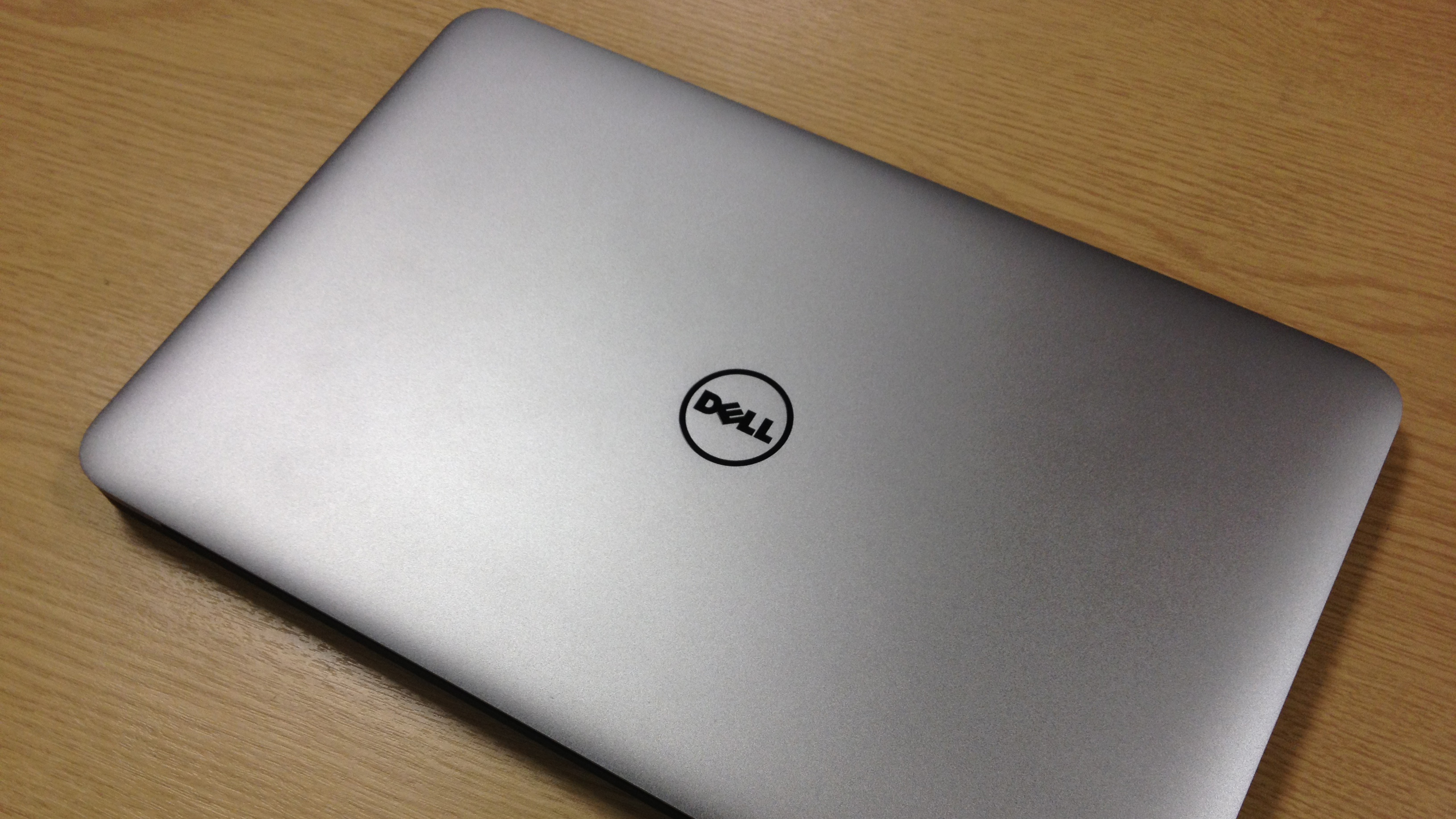
For businesses, laptops are a great investment: not only are they fantastically mobile, but they're powerful enough to make perfect productivity machines even if they never leave the desk. But how do you choose the right ones for your business?
The first thing to do is to step away from the brochures and websites, because the most important issues aren't technological but practical. What will the laptop be used to do?
Do you need something cheap and cheerful for updating spreadsheets on the move, or something powerful enough to render 3D video in real time on location? Will it be used primarily to deliver presentations, or to craft advertising copy? Will it spend most of its life on the move, or is it more likely to be tethered to a table?
Different strokes for different folks
Our 3D video renderer won't be too fussed about all-day battery life but will want the very latest, most powerful processors, stacks of memory and lots of storage space - ideally in the form of a hybrid drive, which uses solid state storage for sheer speed and a traditional hard disk for maximum capacity.
Our presenter will prioritise a screen with wide viewing angles, an anti-glare coating and good battery life over sheer horsepower, and unless they're carrying the laptop around on public transport all day they'll value the very largest displays too.
To mobile workers, a laptop's weight is probably more important than what kind of processor's inside, and a small screen and long battery life is more portable than an impressive 17-inch display.
And for people who'll be constantly waking and sleeping their laptops as they go from site to site or client to client, the instant-on of solid state storage will matter much more than how much memory is inside.
Are you a pro? Subscribe to our newsletter
Sign up to the TechRadar Pro newsletter to get all the top news, opinion, features and guidance your business needs to succeed!
Setting the spec
Once you've identified these key issues the choice is fairly straightforward, so for example manufacturers such as Dell enable you to browse their range by a number of categories including screen size, processor type, operating system and weight.
That makes selection simple, so for example if you're looking for an affordable and efficient device you might consider an Intel Celeron-powered device with a 13-inch display and a 320GB hard disk; if you're buying for presentations you might plump for a 17-inch model backed with 500GB of storage for images and video; and if you're catering for demanding tasks you might go for the very latest Intel Core i7 processors, hybrid drives and stacks of RAM.
Hardware specs aren't the only issues to consider, though. Many laptops offer touch screens, something that's handy in some Windows 8 applications, a real boon for education and presentation, and completely unnecessary for word processing or accounting.
Other laptops come with security software built-in - something that's a real boon for smaller businesses who might not have dedicated IT staff to keep systems secure - and some come with lengthy warranties that offer extra peace of mind. Remember, it's not just the cost you need to consider - you need to take the total cost of ownership into account too.
The TechRadar hive mind. The Megazord. The Voltron. When our powers combine, we become 'TECHRADAR STAFF'. You'll usually see this author name when the entire team has collaborated on a project or an article, whether that's a run-down ranking of our favorite Marvel films, or a round-up of all the coolest things we've collectively seen at annual tech shows like CES and MWC. We are one.